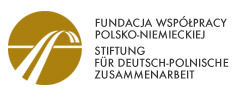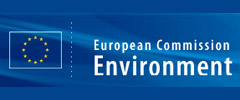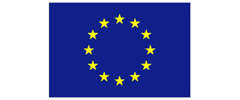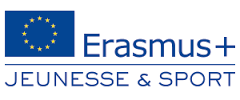Dr. Claudia Wendland
|
Coordinator Sanitation (Hamburg)
|

|
12.01.2010
Dr. Claudia Wendland is a water and sanitation specialist at WECF (Women in Europe for a Common Future) and promotes re-use oriented water and sanitation projects worldwide. WECF has implemented water and sanitation projects in rural areas of 20 countries in the last years and brings the experiences on EU, UNECE and international policy.
Claudia's background is civil and environmental engineering. She finalised her doctoral thesis at Hamburg University of Technology about 'Anaerobic digestion of blackwater and kitchen refuse' as part of new sustainable sanitation concepts in 2008. As project manager in the EU project on water re-use in Mediterranean Countries (EMWater), Claudia Wendland was involved in all project activities such as the on-line trainings, the regional training and planning of the pilot plants from 2003-2007. Before that, she worked as lecturer at Lübeck University of Applied Sciences and project engineer in a Public Water Association in the field of sewage sludge management.
Claudia is temporary consultant to UNECE and WHO/ECEH and is active in the Sustainable Sanitation Alliance (SuSanA), the German WASH network and the DWA (German Wastewater Association). Dr. Claudia Wendland is author and co-editor of several publications.
WECF is a member of the Global Wastewater Initiative (GW2I). The Global Wastewater Initiative (GW2I) is a voluntary multi-stakeholders platform which gathers UN agencies, international organizations, governments, scientists, private sectors, industries and stakeholders to provide the foundations (including information, tools and policy mechanisms) for comprehensive, effective and sustained programmes addressing wastewater management.
The (GW2I) is hosted by the Global Programme of Action for the Protection of the Marine Environment from Land-Based Activities (GPA). It is an intergovernmental mechanism explicitly addressing the linkages between freshwater, coastal and marine environments. Priorities for the GPA are marine litter, wastewater, and nutrient pollution. The GPA hosts three global partnerships to address these priorities.


































